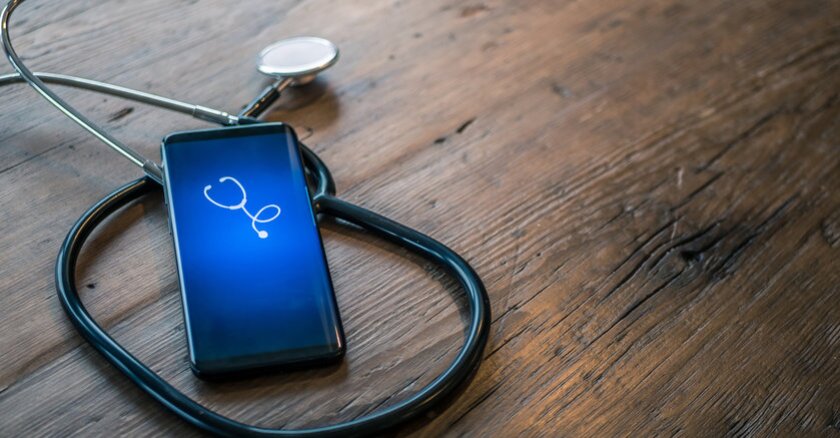Earlier this month, the federal Centers for Medicare and Medicaid Services expanded telehealth access across the country so that elderly patients could speak with health professionals virtually and wouldn’t have to leave their home.
The CMS currently requires both video and audio communication between Medicare patients and their physician for telehealth services. But Dr. Ashish Sheth, vice president of the West Virginia Board of Medicine, said the whole goal of expanding telehealth — so elderly patients don’t have to leave their homes during a global pandemic — doesn’t work for most rural patients who can’t access video communication.
“In West Virginia, there’s a lot of places without good broadband coverage and people who don’t have smartphones,” Sheth, a primary care physician based in Cross Lanes, said. “How are they going to benefit from this? They are the ones who need it the most. If you have all these elderly people coming to the offices, or coming to the emergency rooms, we’re going to spread [COVID-19] like a wildfire.”
State Board of Medicine President Dr. Kishore Challa took part in a conference call this week with CMS Administrator Seema Verma and physicians from around the country. He urged federal officials to waive the video requirements.
“The main issue I told all of them was, in West Virginia, our population is such that they might not have access to video, either because there’s no coverage [or] they don’t know what a smartphone is,” said Challa, a cardiologist based in South Charleston.
Sheth said audio-only telehealth should be allowed for rural Medicare patients until the coronavirus pandemic is over.
“If we cannot even help them from over the phone, then they’re really going to be suffering,” Sheth said. “We need to do everything possible, even if it’s a temporary measure. I think they should allow this.”
Dr. Clay Marsh, vice president and executive dean of West Virginia University Health Sciences, has warned against a patient surge on hospitals because of mass COVID-19 infections. He pointed to how New York state is struggling to control its surge. Challa said the more elderly patients are forced into leaving their homes, the closer West Virginia hospitals will get to a surge.
“My feeling is we are just behind the curve,” he said. “What’s happening in New York right now might happen in our place soon.”
Michael Brumage, medical director of Cabin Creek Health Systems, said scrapping video requirements for already-established patients during a pandemic makes sense for everyone.
“This would be a game-changer for everybody in rural America,” he said. “It’s a big deal. And if we can get that accomplished, it would really plug a big hole in our ability to care for people remotely.”
©2020 The Charleston Gazette (Charleston, W.Va.). Distributed by Tribune Content Agency, LLC.







